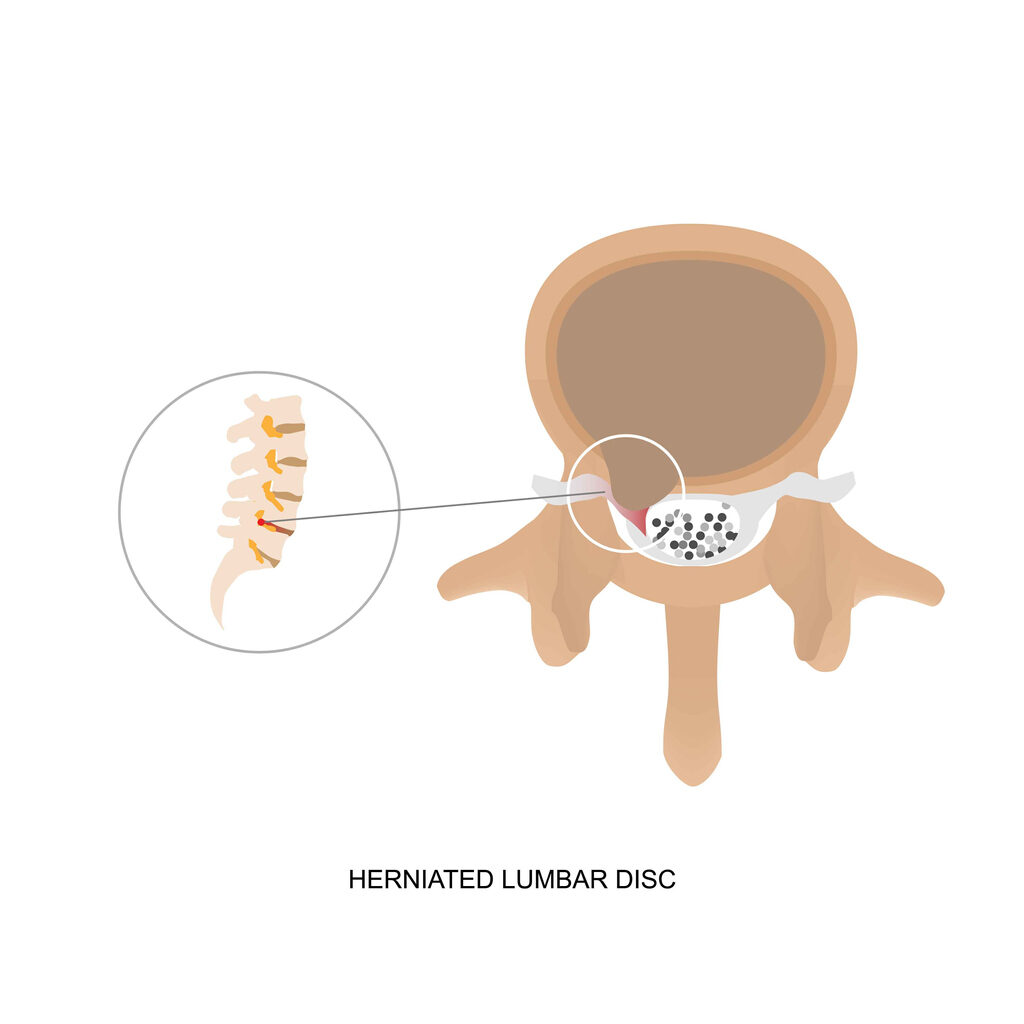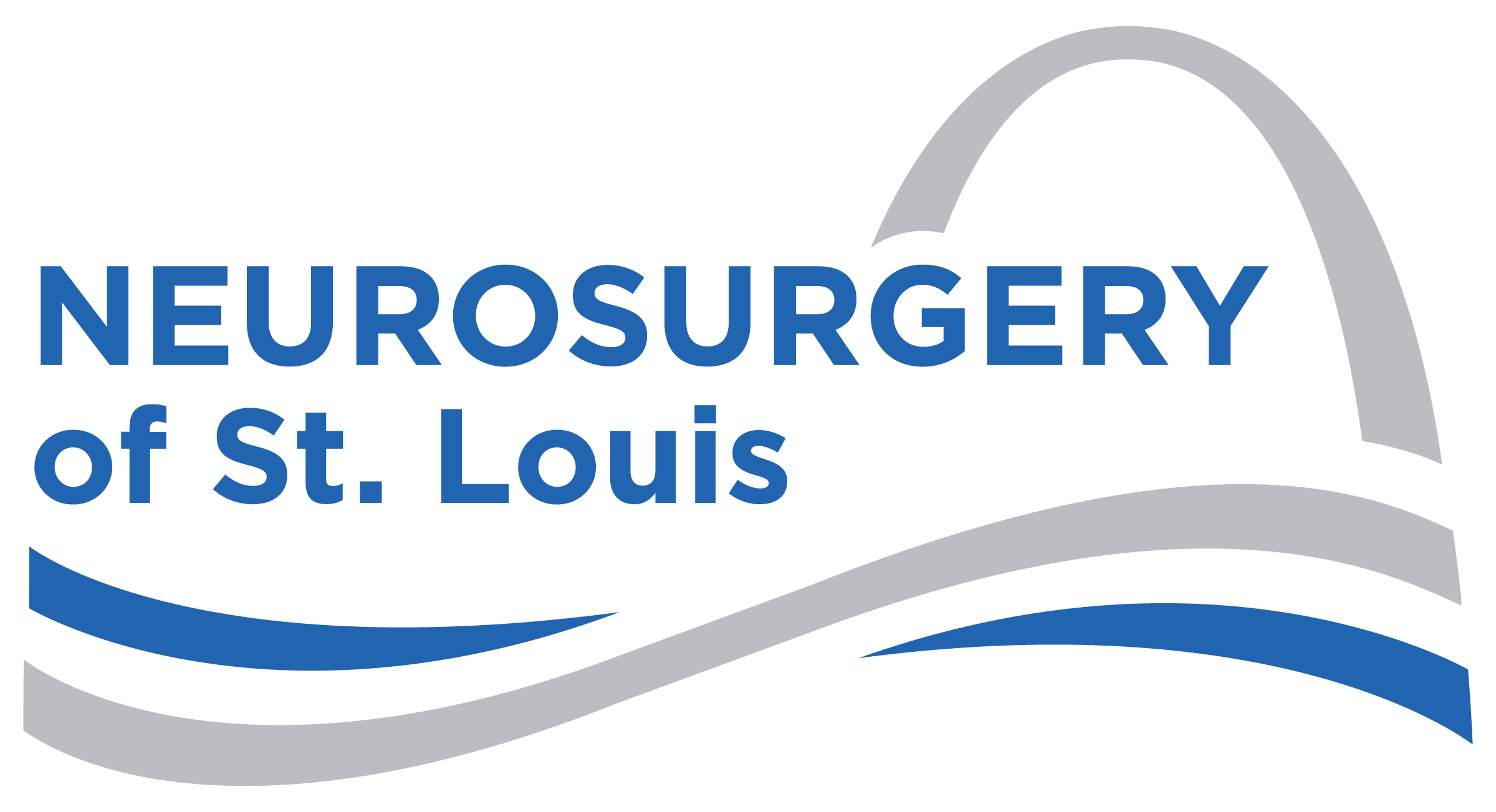SHOOTING LEG PAIN OR PERSISTENT LOWER BACK PAIN
If your shooting leg pain or lower back pain is severe and not going away with other treatments, our spine specialists can get to the root of the problem.

What is Causing your Lower Back Pain
Lower back pain could be from a wide range of causes, most that can be treated nonsurgically, including:
- Muscular – Ordinary strains and sprains or muscle spasms
- Joint Pain – The facet joints (the joints of the spine) from normal wear and tear of life
- Spondylolisthesis – caused by a vertebra slipping out of place putting stress on the joints of the spine
- Stenosis – narrowing of the spinal canal, either congenital or from the wear and tear of life
- Osteoporosis – weakening of bone, that can eventually cause fractures
- Scoliosis – The spine can develop a “S” shape that you were born with or that can develop as you age, that can put stress on the joints of the spine
- Spine Tumor – cancer that can originate in the bone, within or near the spinal cord that can cause pain or neurologic deficit
What is Causing your Shooting Leg Pain?
Sharp pain that shoots down your leg is usually more concerning than back pain, and comes from nerve root compression, usually caused by:
- Herniated Disc – A disc between the vertebrae moves and pinches a nerve
- Stenosis – narrowing of the central canal (where the nerve originates) or narrowing of the foramen (where the nerve exits to go down your leg)
- Spondylolisthesis – caused by a vertebra slipping out of place, leaving less room for the nerve root
- Scoliosis – narrows the space for the nerve root, causing nerve root compression
- Synovial Cyst – a cyst that arises from the joint of the spine

Learn More About Leg Pain (Lumbar Radiculopathy)
Learn More About Where Back Pain Begins
Symptoms that Require Immediate Attention
Everyone has lower back pain now and then, but if you experience any of these symptoms, or shooting leg pain lasts longer than a week, you need to see a spine specialist as soon as possible.
- Foot Drop (Difficulty lifting foot or big toe up off the ground)
- Weakness in legs
- Trouble walking
- Issues with bladder or bowel control
Why Get Evaluated by a Spine Specialist?
We treat back and leg pain everyday. We want to help find a nonsurgical or surgical treatment in order to avoid:
- Persistent pain that affects quality of life
- Permanent neurologic deficit, like a foot drop
- Going from doctor to doctor with no improvement
- Reliance on pain medications
Treatments for Lower Back or Leg Pain
- Physical Therapy
- Exercise and Stretches
- Hot/cold Therapy
- Steroid injections by Pain Management Physician
- Pain Medications
- Surgical Intervention
- Contact Us
Physical therapy with a certified physical therapist is the first line treatment for low back pain or leg pain in many cases. However if this has not worked in conjunction with pain medication or injections, we can evaluate you for other treatment options.
Back stretches and/or exercises can be incorporated into your daily routine in order to improve pain and quality of life. Improving core strength also improves lower back strength.
Heat and ice can help manage chronic lower back aches and pains.
Steroid Injections (either an Epidural or facet injection) can be used both as a diagnostic and therapeutic treatment option. Using radiographic guidance, a needle is inserted into the epidural space and the area is injected with steroid, anesthetic, or a combination of the two.
This is performed by a pain management physician, usually an anesthesiologist or a physiatrist, board certified in pain management.
Prescribed or over-the-counter pain medications work to reduce inflammation and ease pain, but should be only a short term solution to your leg or back pain
If you are unable to get sustained pain relief from nonsurgical treatment and/or your quality of life has not improved, then surgical intervention may be the best treatment for your pain. If weakness is associated with your pain, then surgery may be first line treatment.
Learn more about:
Ready to learn more? Contact us today to get started.
Make an Appointment
New & Existing Patients: Request An Appointment
New and existing patients may request an appointment by filling out the form below. Someone from our team will be contacting you to schedule an appointment time.

